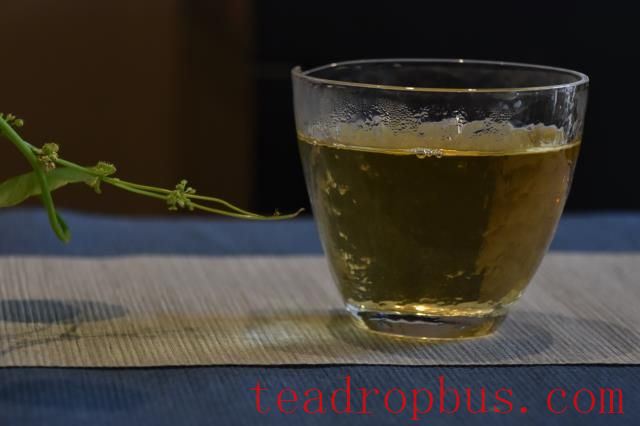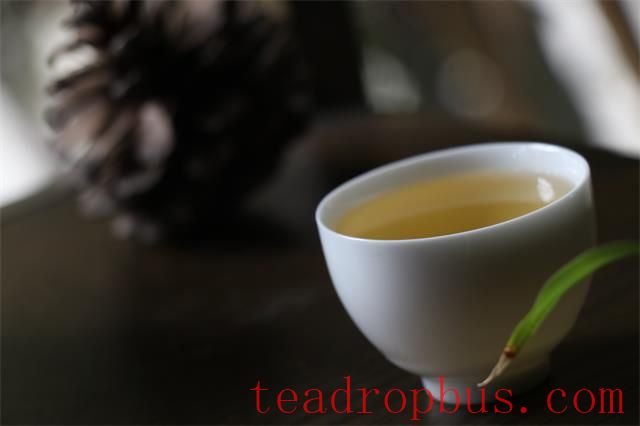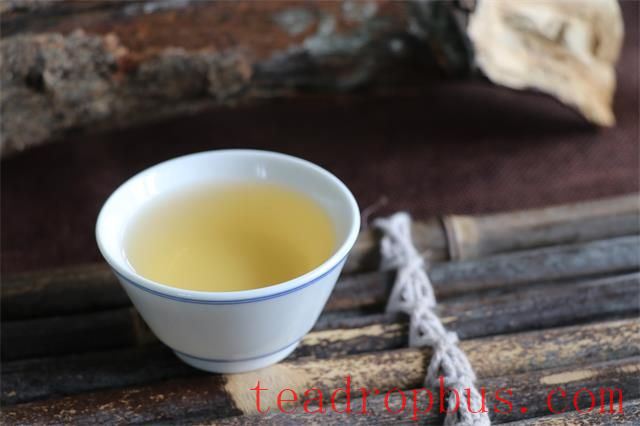The beauty of Tea is a kind of joy without purpose, an adornment without utility.
With this leisure beyond the necessities of life, one can live a more flavorful and meaningful existence.
Through the changing seasons and weather, under a single eave or beside a wall, a stove, a pot, and a Cup constitute a place of happiness. If you're particular about it, you can choose fine teas—regardless of whether they are red, white, green, yellow, blue, or black—there will always be some that excel in terms of taste, aroma, and color. Find water that complements the tea, a suitable pot, and quietly focus your thoughts on brewing and drinking. Drinking the right tea with the right people at the right time makes the scene even more delightful.
If you prefer simplicity, just toss in a few leaves for a cup that fills a long stretch of time.

Drinking Tea is like appreciating a landscape.
We watch the sunset, the autumn river, flowers, listen to the rain, and smell fragrances, integrating these scenes into our vast inner world and etching them into our memories.
The scenery surrounds you, and you are part of the scenery. Like tea, once consumed, it merges with you, both becoming a form of living matter.
As you drink, you realize that humans are merely living beings, and our needs are not excessive; they can be quite simple. Maintaining health brings immense joy, happiness, and fulfillment.
When drunk with intention, the tea's infusion flows through and purifies the body, making all the cells more sensitive and transparent, leading to clarity and spiritual awareness. Though it may not serve a clear practical use, it certainly lays a solid foundation for a healthy life and enhances one's ability to perceive life.
In this moment, life becomes richer and more fulfilling.

This beauty is unintentional and subconscious.
Facing the same autumn winds, fallen leaves, landscapes, flowers, birds, and insects, you can perceive a world and splendor that others might overlook.
Drinking tea is indeed an elegant act. This invisible elegance permeates the depths of one's being over time. It follows you unobtrusively, gradually blossoming within you.
This beauty, though intangible, is a rare form of nobility.
During leisure time, pour yourself a cup of tea, read a few pages of a book, and exchange some meaningful or meaningless philosophical musings. During busy times, take a brief respite to sit down, sort out your anxious thoughts, and grant your frenzied body a moment of peace.
Pick up a cup of tea and slow down; don't let the world rush you.
With the right circumstances, drinking tea can elevate one's life to its utmost beauty, transcending the mundane, embodying classics, connecting with the great path, and returning to the purest, truest, most loving, and kindest essence of life.
Life is like tea: after growing and processing, brewing and drinking, it reveals itself. Existence and cessation are but concepts.
Tea is a medium and a spiritual entity. Through it, one can introspect and cultivate a tranquil, harmonious, and fearless mind. Engage in spiritual cultivation alongside tea, engaging in the work of life.
Use tea to adjust your mind and enter your heart. The mind gives rise to all things. When you are still, the outside world is also still. When you move, the outside world moves. A impoverished heart cannot create a rich world. An enriched heart finds beauty in every rugged path.

Beauty is no different.
The beauty of tea is a system. Practicing it is a good way to adjust and nurture the mind. Reserving a place for tea in your life is a pursuit that can lead to the pinnacle of existence. There, the Dao exists on multiple levels, embodied in the body, the mind, thought, and action, guiding everything towards goodness and righteousness, in every fleeting emotion and thought.
The human heart harbors danger. Cultivate “knowledge, cessation, stability, tranquility, peace, contemplation, and attainment,” and “morality, concentration, and wisdom.” Ancient texts say, “Bodhi nature is inherently pure; using this mind, one can directly achieve Buddhahood,” “Heaven's mandate is called nature; following nature is called the Dao; cultivating the Dao is called teaching,” and “Achieving the perfect harmony, heaven and earth are positioned, and all things flourish.”
What each person needs to cultivate varies at different stages, and everyone has their own temperament and characteristics, hoping to find a path suitable for themselves, their lives, and their destinies, gradually reaching the realm of “existing together with heaven and earth and coexisting with all things.”
Whether it involves a grand departure or retiring to a quiet life, these states arise from inner peace and an unceasing pursuit of life. While such a state may not apply to everyone, those fortunate enough can at least aspire towards it.
Such a state is actually very peaceful. We can return to our own state of being amidst the bustling world, undisturbed by external influences. The state of the mind is clear and tranquil. Quietly, though seemingly without utility, it represents a complete life, a genuine self.
You can listen, watch, or talk to yourself. This self can undergo a simple separation, allowing the essence of life to separate from material pursuits and fame and fortune, clarifying the meaning of life.
Life exists solely for itself, unbound by material desires and fame, while its meaning lies in the natural elevation of life beyond these constraints, solely to achieve a better state of existence.
Thus, what appears useless can be of great use, allowing one to live simply and pursue dreams far and wide, all arising from that pure state of life brought about by tea.
Drink some tea, nurture yourself—it's good for you.